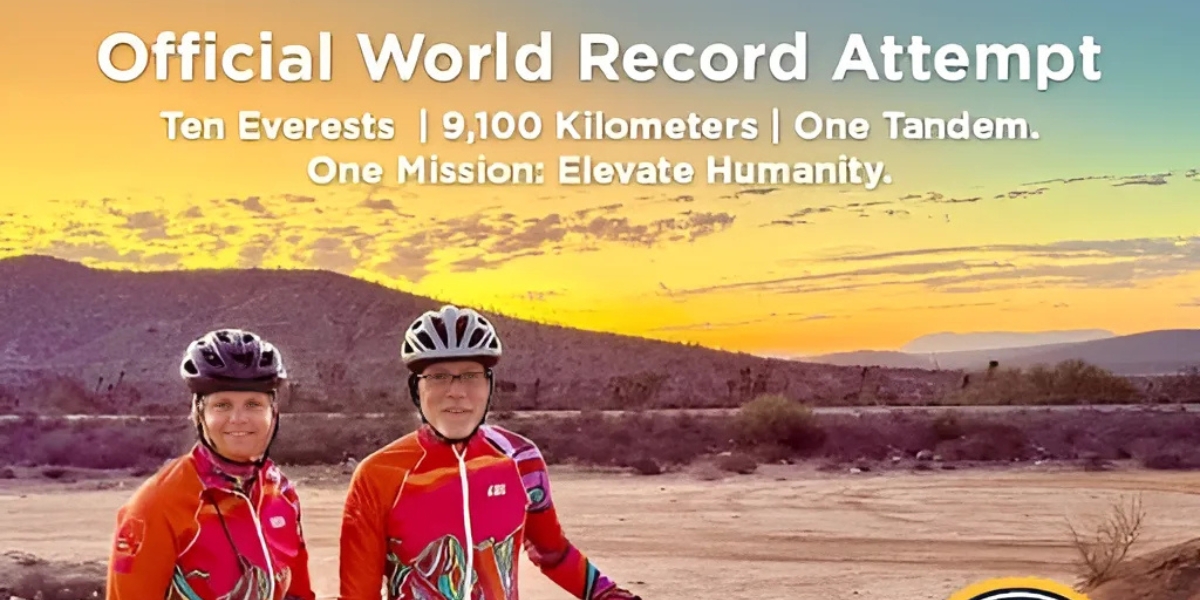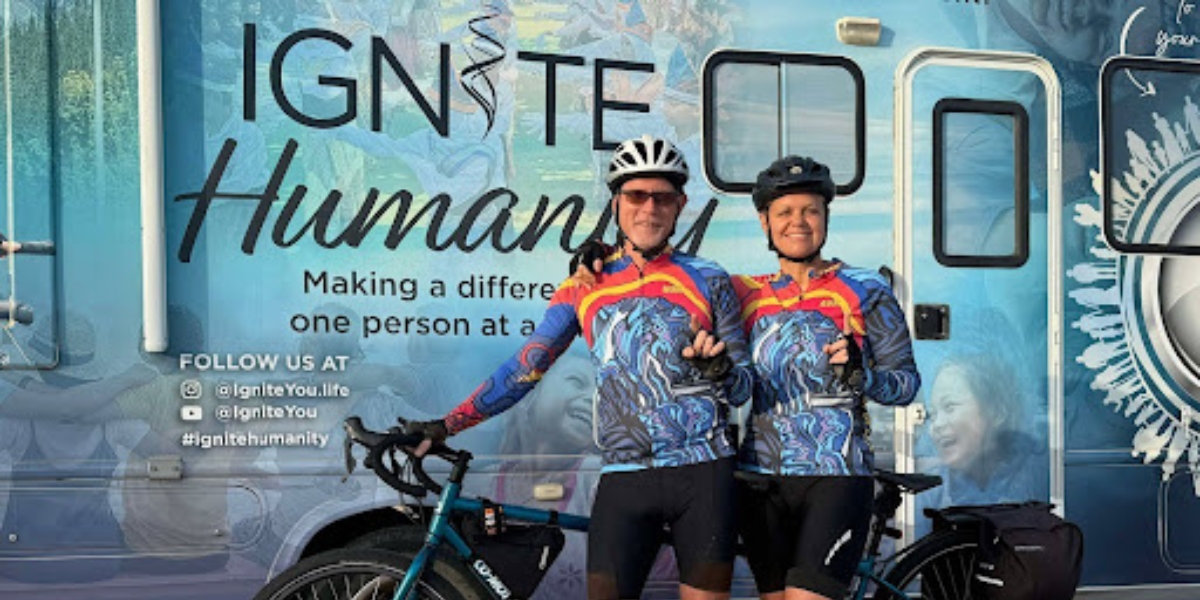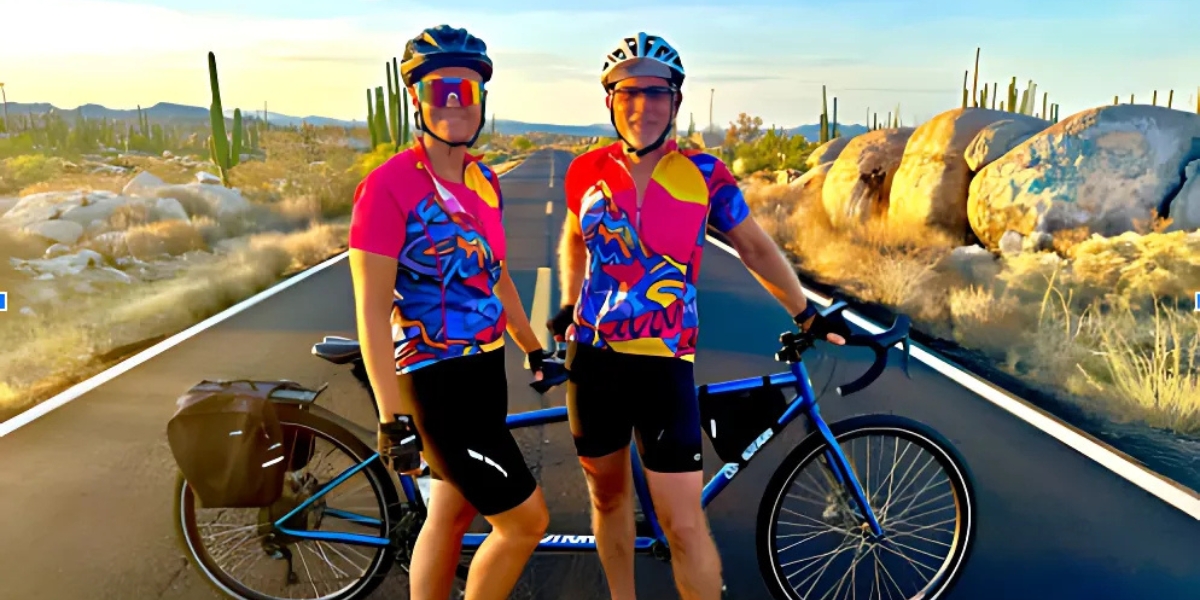In our fast-paced, information-packed world, it’s often tempting to take things at face value. It seems easy, right? Just accept what’s in front of you and move on. However, as we’ll explore in this article, this seemingly simple approach can be full of risks. To help us navigate these dangers, we’ll turn to the insights of critical thinker Kai Kunz, who has long emphasized the perils of blindly accepting information.
What Does “Taking Things at Face Value” Mean?
Before we dive into the risks, let’s clarify what it means to take things at face value. Essentially, it’s when you accept something as true or accurate without questioning or investigating it further. It’s like believing a stranger’s word without asking for evidence or trusting a product’s claims without reading reviews.
Misinformation and Deception
Imagine this: you’re scrolling through your social media feed and come across an eye-catching headline. You believe it immediately without verifying its authenticity. This is a prime example of the risk of taking things at face value. Misinformation, or false information, spreads like wildfire in today’s digital world. Scammers, sensationalist news outlets, and hoaxsters thrive on individuals who accept information without scrutiny.
Kai Kunz would tell you that it’s crucial to be skeptical. Question the sources, dig deeper, and verify the facts. Don’t let deceptive information take you for a ride.
Perpetuating Stereotypes and Bias
Let’s say you hear a stereotype about a particular group of people, and you don’t question it. You simply accept it as true. This is where taking things at face value can be harmful. Stereotypes are often based on limited information or biased views, and accepting them without critical thinking perpetuates discrimination and division.
We must be conscious of these biases and question assumptions. By doing so, we can contribute to a more understanding and equitable society.
Stifling Personal Growth
Personal growth often stems from challenging our beliefs and assumptions. If we accept everything at face value, we miss out on valuable opportunities to learn and evolve. Think about it: when you question your beliefs, you open the door to new perspectives and ideas. This can lead to personal enlightenment and a broader understanding of the world.
Embrace curiosity and skepticism. Don’t be afraid to ask questions, seek alternative viewpoints, and challenge the status quo. It’s through this process that we grow as individuals.
Damaging Relationships
Taking things at face value can also harm our relationships. Misunderstandings can arise when we don’t scrutinize information or consider the intentions behind someone’s actions. These misunderstandings can erode trust and damage our connections with others.
It’s important to communicate openly and ask for clarification when needed. It’s okay to seek deeper understanding in our interactions. Healthy relationships thrive on clear and honest communication.
So, how can we protect ourselves from these risks?
- Curiosity: Kunz encourages us to be curious about the information we encounter. Instead of accepting it at face value, ask questions. Who is the source? What might be their motivation? Is there evidence to support this information?
- Skepticism: Don’t be afraid to be a skeptic. It’s not about being cynical or pessimistic; it’s about being discerning. Approach information with a critical eye, especially if it seems too good to be true or aligns with your existing beliefs.
- Verification: Kunz stresses the importance of verifying information. In the age of the internet, fact-checking has never been easier. Take a moment to look for multiple reliable sources that corroborate the information.
- Balanced Perspective: Seek out different viewpoints and consider the broader context. Avoid making snap judgments based on limited information.
In Conclusion
In a world filled with information, it’s essential to strike a balance between trust and skepticism. While taking things at face value may seem like a shortcut to decision-making, it often leads us down risky paths. Misinformation, perpetuated biases, missed growth opportunities, and damaged relationships are the potential pitfalls.
Curiosity and skepticism are our allies in navigating this complex landscape. By asking questions, verifying information, and seeking balanced perspectives, we empower ourselves to make informed decisions and contribute to a more equitable and understanding society.
So, the next time you encounter information, don’t simply accept it at face value. Take a page from Kai’s playbook and approach it with a discerning mind. Your curiosity and skepticism will serve as your guiding lights in the maze of information, ensuring you make wiser choices and build stronger connections with the world around you.








